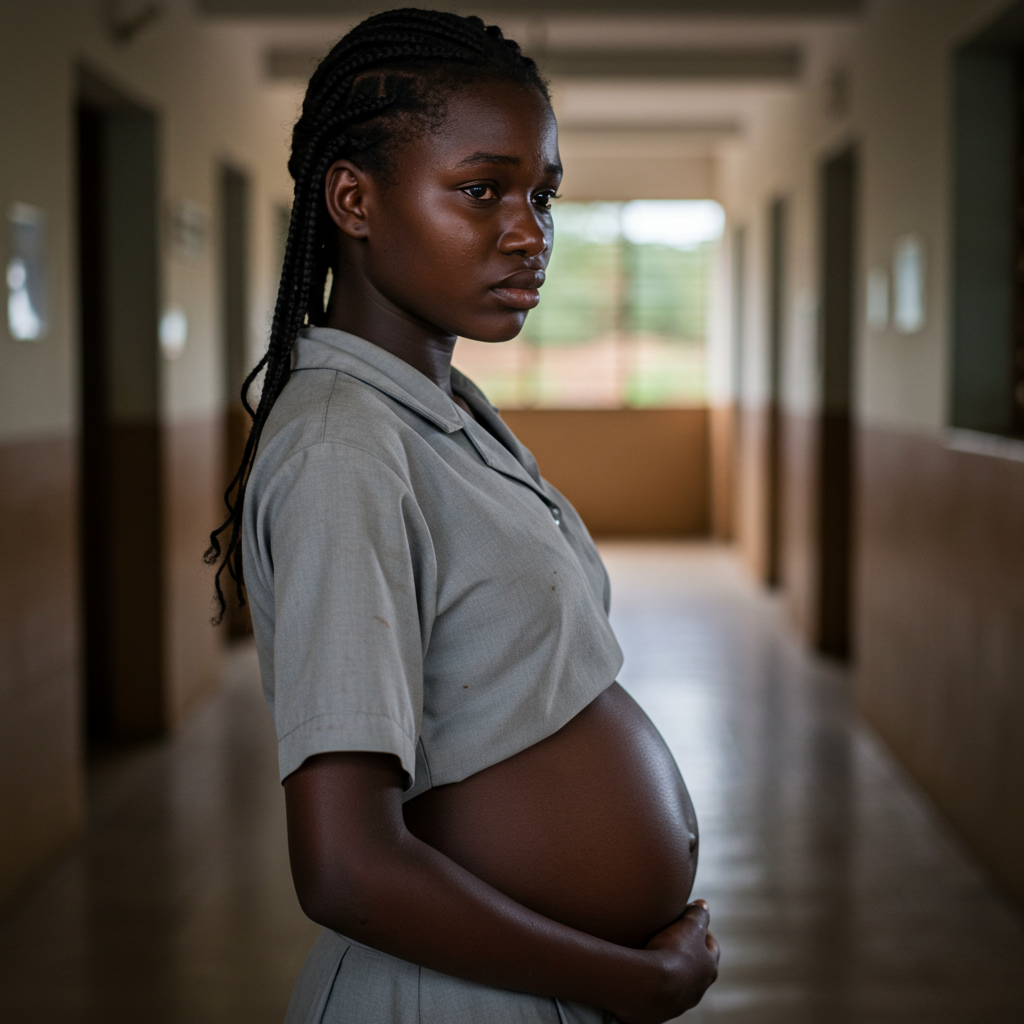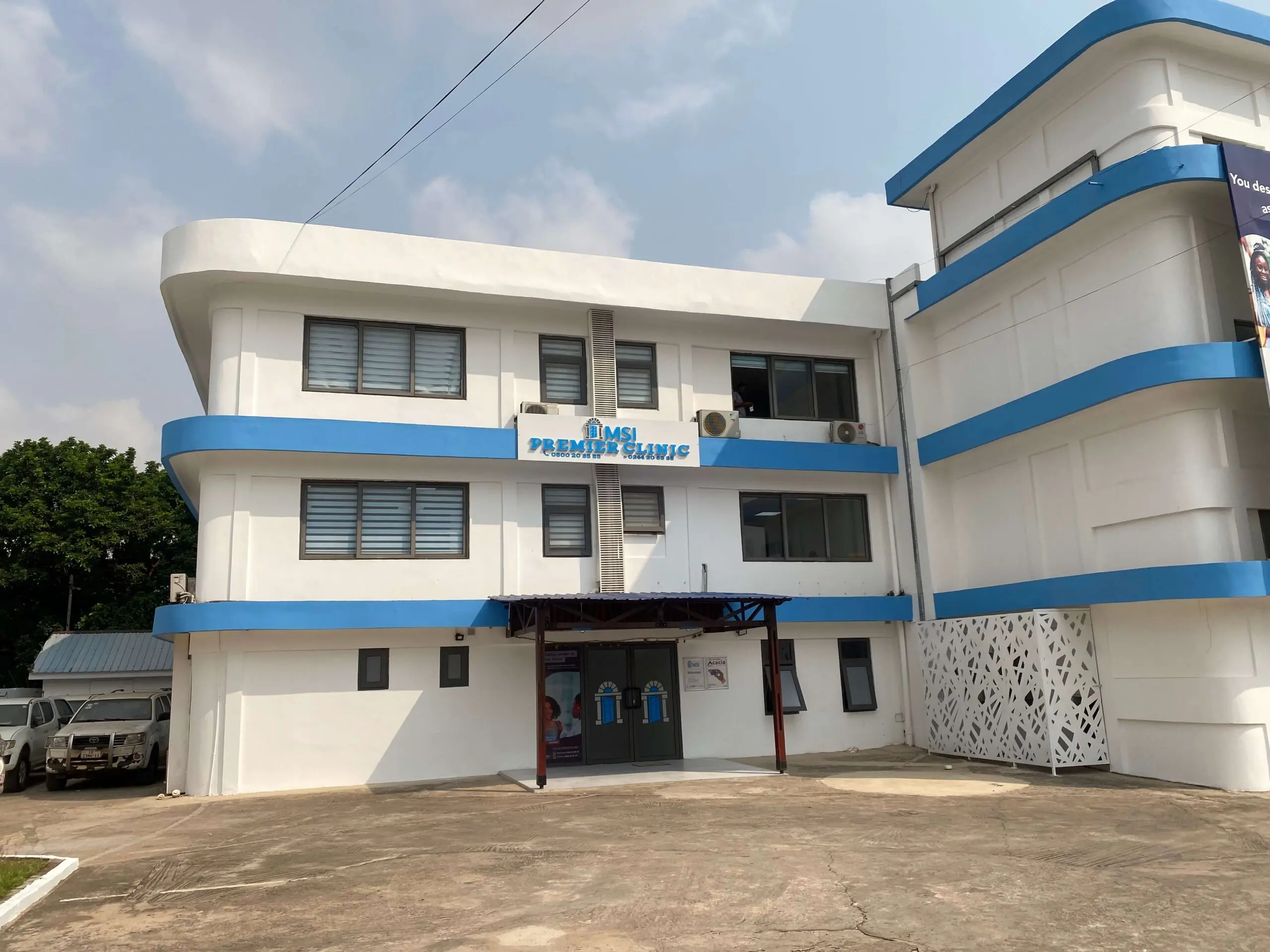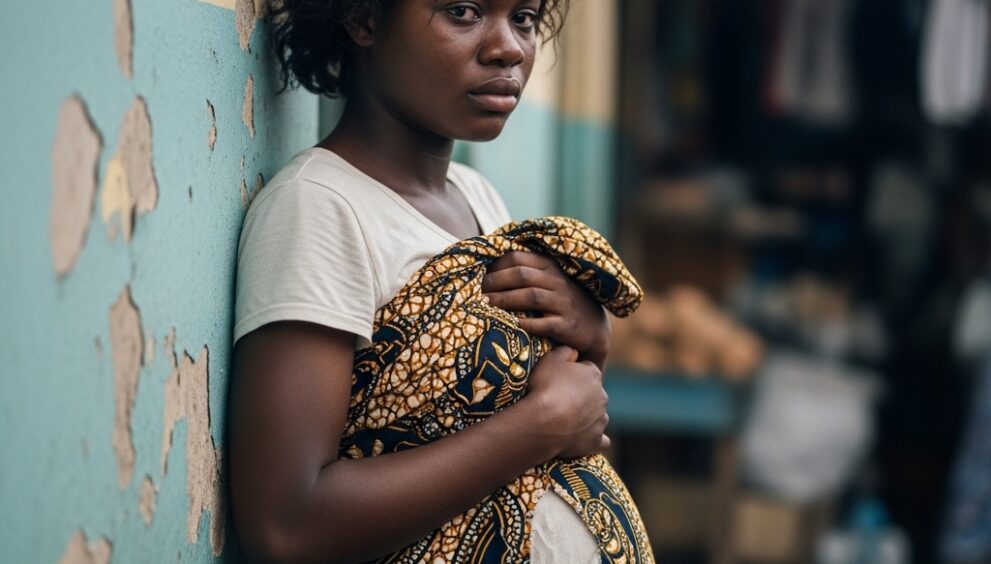
Amid Ghana’s ambitious development agenda, emerging data paint a sobering picture of reproductive health challenges hindering progress. Stakeholders warn that rising teenage pregnancy rates and insufficient sexual and reproductive health services are threatening national efforts to reduce poverty and build human capital. With the current national teenage pregnancy rate at 15.2 percent, and regional hotspots such as
the Savannah and Ashanti regions reporting rates of 26 percent and 24 percent respectively, the issue has escalated into a major barrier to sustainable growth. Considering Ghana’s population growth rate of 2.1 percent, experts caution that without decisive interventions, these trends may worsen and stall the country’s socio-economic advancement.
In response to these alarming figures, PN Africa and Marie Stopes International convened a regional consultation workshop in Kumasi on June 11, 2025. The gathering brought together diverse stakeholders, including policymakers, health professionals, traditional leaders and youth representatives, to scrutinize existing policies and recommend necessary reforms.
Central to the discussions was the call to broaden the scope of the Ghana Education Service’s abstinence-only policy to incorporate comprehensive sexual and reproductive health education. Participants stressed that teaching family planning methods alongside abstinence would equip young people with realistic tools to prevent unintended pregnancies and safeguard their futures.
Participants also advocated for amendments to the Human Sexual Rights and Family Values Bill, 2021, arguing that it should explicitly address family planning and reproductive health concerns. By embedding clear guidelines on contraceptive access and sexual health education within this legislative framework, advocates believe Ghana can stem rapid population growth and mitigate the socio-economic strains caused by early childbearing. They maintained that such reforms are critical to aligning national laws with the lived realities of Ghana’s youth and ensuring that reproductive health rights are both protected and promoted.


Underlying these policy debates is a broader demographic challenge. Research indicates that to reap a demographic dividend—a period when the proportion of the working-age population is at its peak, a country’s median age must reach at least 25.6 years. Currently, Ghana’s median age stands at just 20.9 years, reflecting a
“ Our national teenage pregnancy rate, which is currently at 15.2 percent, is excessively high for a country aspiring to develop, a very significant proportion of our human resources … is nursing children at a very early age, and that is a problem ”
Dr. Godfred Bonnah Nkansah
youthful but disproportionately dependent population. Advocates warn that unless teenage pregnancy rates decline, Ghana risks perpetuating a cycle where a large share of its human resources is diverted from productive economic activities to early child-rearing, thereby stunting national development.
In a one-on-one interview, Dr. Godfred Bonnah Nkansah, a renowned population policy analyst and political demographer
underscored the gravity of the situation. He urged both government and civil society to prioritize efforts aimed at reducing the teenage pregnancy rate to unlock Ghana’s full economic potential.
Dr. Nkansah further emphasized that economic policies alone are insufficient to drive sustainable growth. His remarks highlighted the critical link between reproductive health education and long-term economic stability.
Echoing this sentiment, Henrietta Kaakyire-Ataah, Advocacy and Youth Coordinator at Marie Stopes Ghana, articulated the moral imperative behind the campaign.
“It’s not enough to keep our focus on job creation, though it’s fantastic, the government should pay attention to family planning. Let the families be capacitated to have the number of children they can take care of so that the population age structure can mature enough to support production, because currently, our population age structure fosters consumption, not production, and that is dragging our development ”
Dr. Godfred Bonnah Nkansah
“We believe in children by choice and not chance,” she affirmed, explaining that this conviction catalyzed the partnership with PN Africa for the Kumasi workshop. By targeting policymakers and fostering dialogue around youth-friendly policies, she argued, “we aim to combat issues around sexual and reproductive health” and create environments where adolescents can make informed decisions about their bodies and futures.
From a legislative standpoint, Gilbert Borketey Boyefio, Programmes Manager at Parliamentary Network Africa, pledged to translate stakeholder recommendations into parliamentary action. He vowed to engage members of Parliament and relevant caucuses to champion reforms that address teenage pregnancy and reproductive health barriers.
Under the banner of the ECHOES initiative; Empowering Champions for Reproductive Health Policy Influencing Through Education and Supportive Environments, Boyefio emphasized the need for sustained policy advocacy and oversight to ensure that reform proposals are not only debated but enacted and implemented effectively.
Confronting Ghana’s rising teenage pregnancy rates and reproductive health deficits demands a comprehensive, multi-pronged strategy. Stakeholders call for policy reforms that integrate abstinence with practical family planning education, legislative amendments to the Human Sexual Rights and Family Values Bill, and targeted interventions to shift the demographic profile.
By heeding the insights of experts like Dr. Nkansah and mobilizing both civil society and parliamentary champions, Ghana stands at a pivotal moment to redefine its approach to youth reproductive health. Success will hinge on cross-sector collaboration, political commitment, and the empowerment of adolescents to shape their destinies. In doing so, the nation can accelerate its journey toward poverty reduction, demographic stability, and sustainable development.
Source: Rising teenage pregnancy, poor reproductive health cited as barriers to Ghana’s progress




